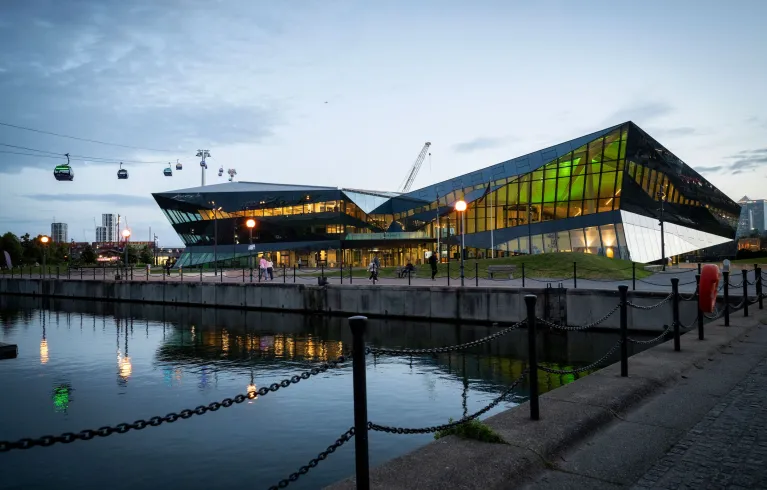
Key information
Publication type: General
Publication date:
Contents
7 sections
Introduction
The Mayor of London has certain powers to appoint senior officers and advisers within the Greater London Authority (GLA) and its functional bodies. The Mayor is also responsible for making appointments to a number of senior offices and Boards.
This webpage is regularly updated with the details of current Mayoral appointments, including Deputy Mayors, special appointments and appointments to the Chair of Boards and senior offices. It also details the outcomes of London Assembly Confirmation hearings for current Mayoral appointees.
Legislative powers to make appointments
Under section 67(1) of the GLA Act 1999, the Mayor may directly appoint up to 13 GLA officers.
- under section 67(1)(a) of the Act, the Mayor may appoint up to two political advisors
- under section 67(1)(b) of the Act, the Mayor may appoint up to 11 other members of staff.[1]
These officers are generally known as the ‘11+2’ officers.
In addition, under section 19(1)(a) of the Police Reform and Social Responsibility Act 2011, the Mayor has the power, in their capacity as the sole occupant of the Mayor’s Office for Policing and Crime (MOPAC), to appoint a Deputy Mayor for Policing and Crime.
Under section 49 of the GLA Act 1999, the Mayor must also appoint a Deputy Mayor of London, who must be a London Assembly Member, and is not counted as one of the 13 appointments made under section 67. This appointee is known as the Statutory Deputy Mayor.
For further details on Mayoral appointments, and their legislative basis, see the London Assembly Research Unit’s paper Mayoral appointments in London.
Current Mayoral team
1
Functional body leaders
The Mayor also appoints the leaders of the five GLA functional bodies. As the occupant of MOPAC, the Mayor has delegated all functions not reserved to him to the Deputy Mayor for Policing and Crime. The heads of the remaining four functional bodies are outlined below.
2
In addition, under section 42 of the Police Reform and Social Responsibility Act 2011, the Commissioner of the Metropolitan police is appointed by the monarch on the advice of the Home Secretary, who must ‘have regard’ to any recommendations made by MOPAC.
Statutory Chair appointments
The Mayor is also responsible for making a number of statutory Chair appointments to Boards. These appointments are based on a range of powers, as outlined below.[2]
3
Confirmation hearings
For some Mayoral appointments, the London Assembly has the power to hold confirmation hearings, and make recommendations to the Mayor as necessary.[3] Details of these confirmation hearings for current appointees are outlined in figure 4. The Assembly has a two-thirds veto power for the Mayor’s proposed candidates for the Deputy Mayor for Fire and Deputy Mayor for Policing and Crime.[4] It does not have veto powers for any other positions.
4
References
[1] The original GLA Act 1999 allowed for the appointment of 10 advisors under section 67(1)(b) and this was amended to 11 advisors by the Policing and Crime Act 2017.
[2] In addition to these statutory chair appointments, the Mayor can make up to six appointments to the Board of the Royal Parks and can appoint nine out of 18 members of the Museum of London’s Board of Governors. See GLA Act 2007, Part 9, section 45 and Section 60A.
[3] Section 60A GLA Act 1999
[4] Schedule 4A, GLA Act 1999